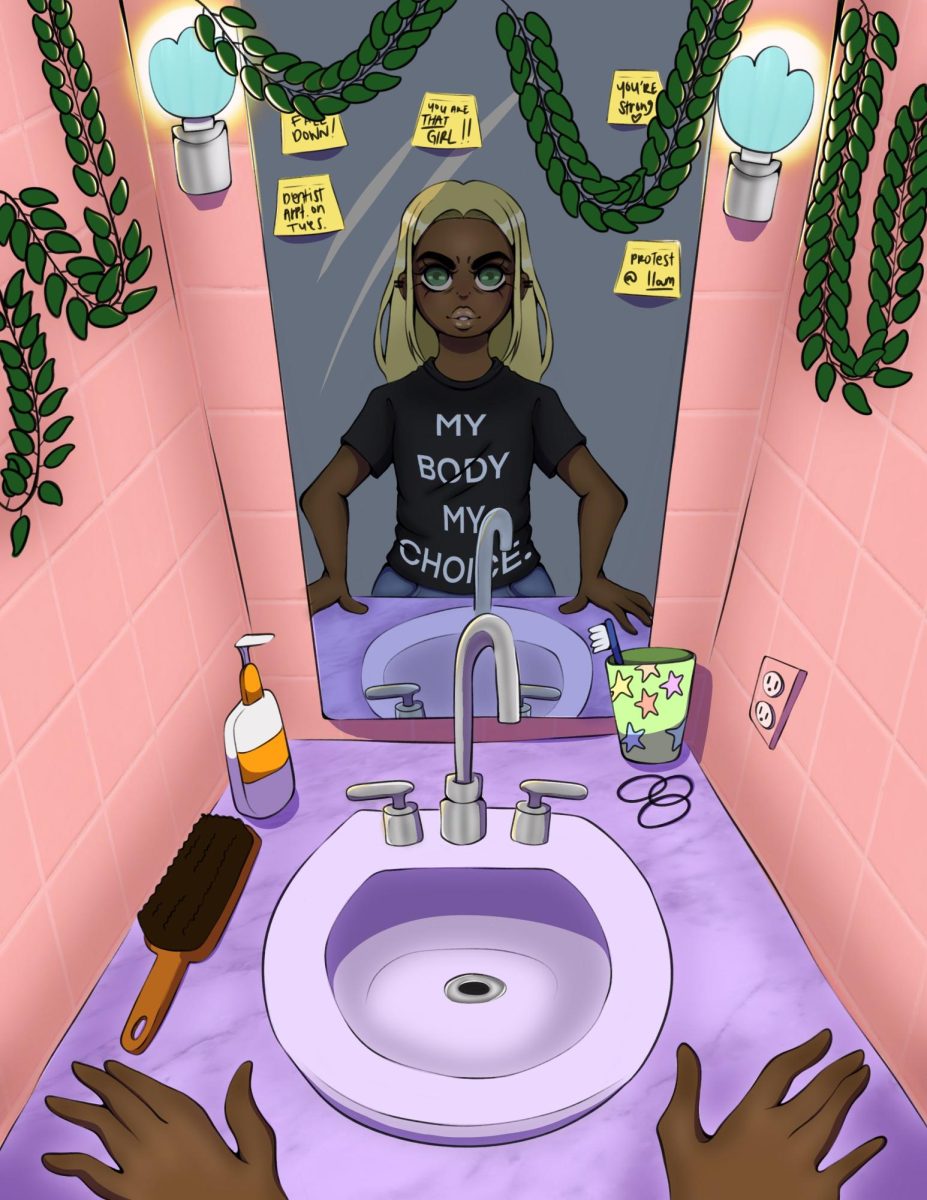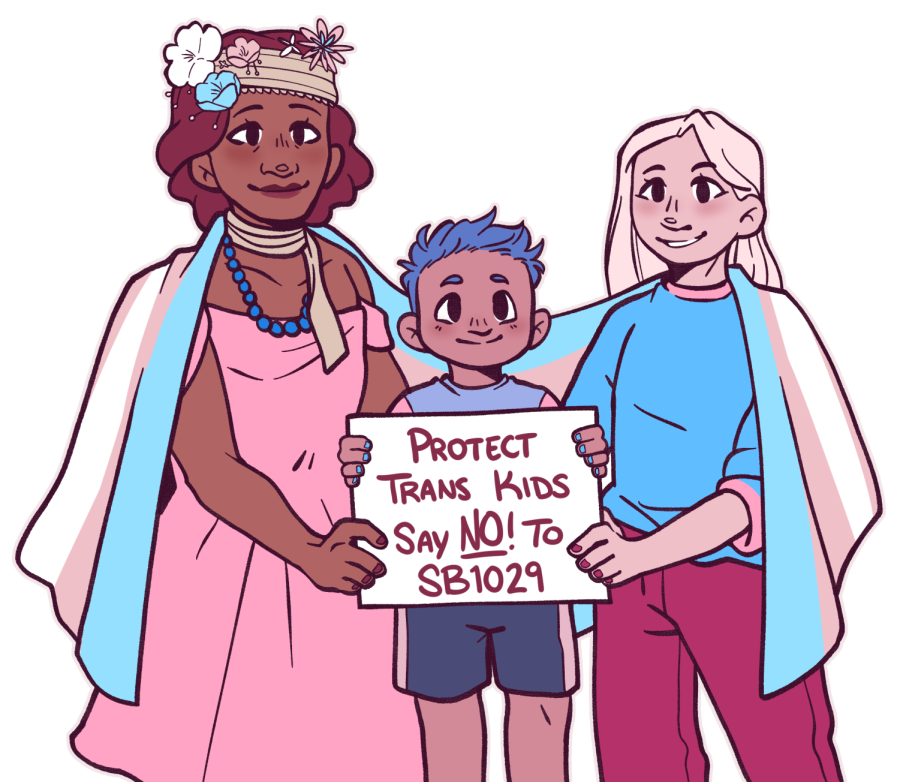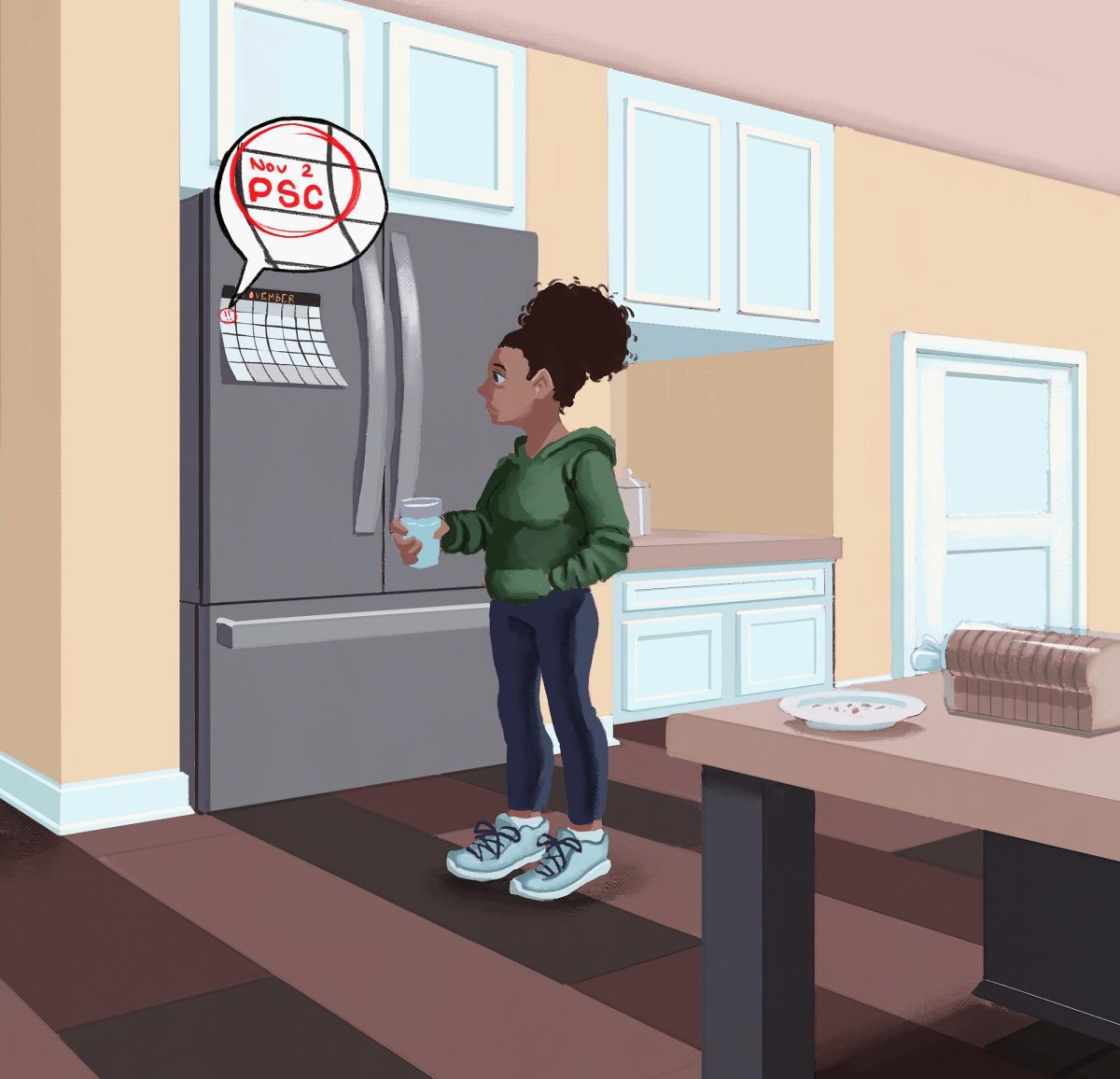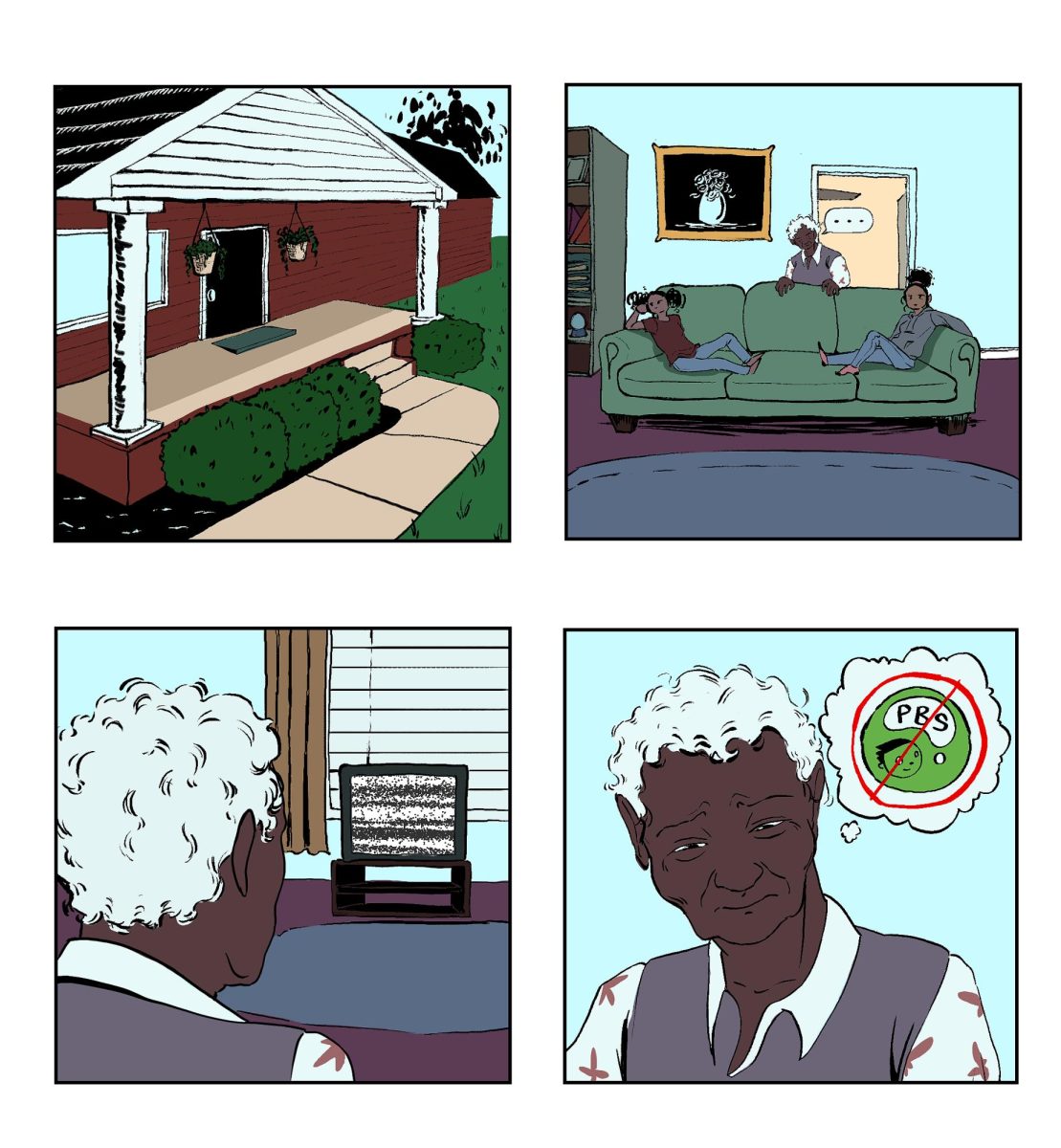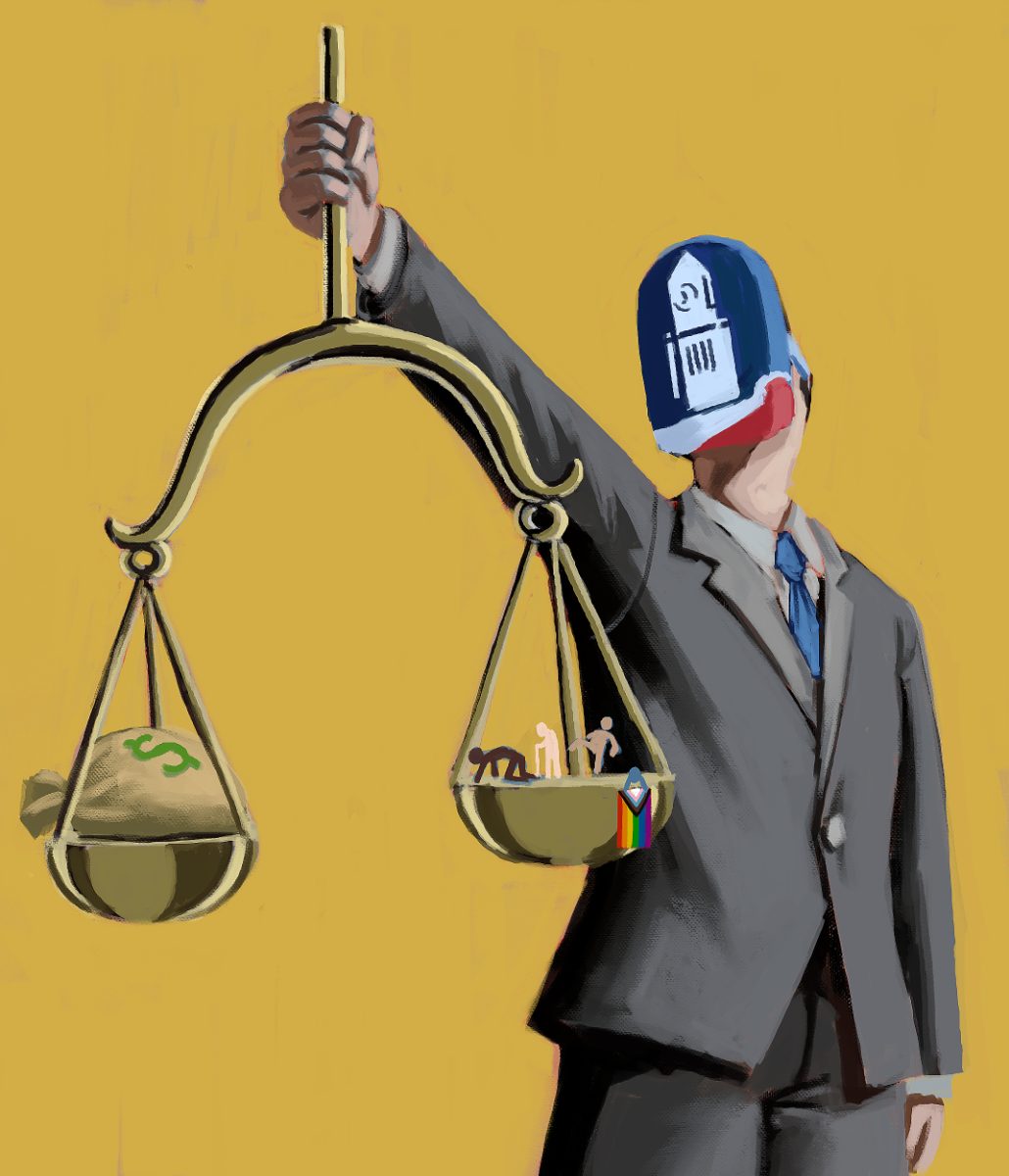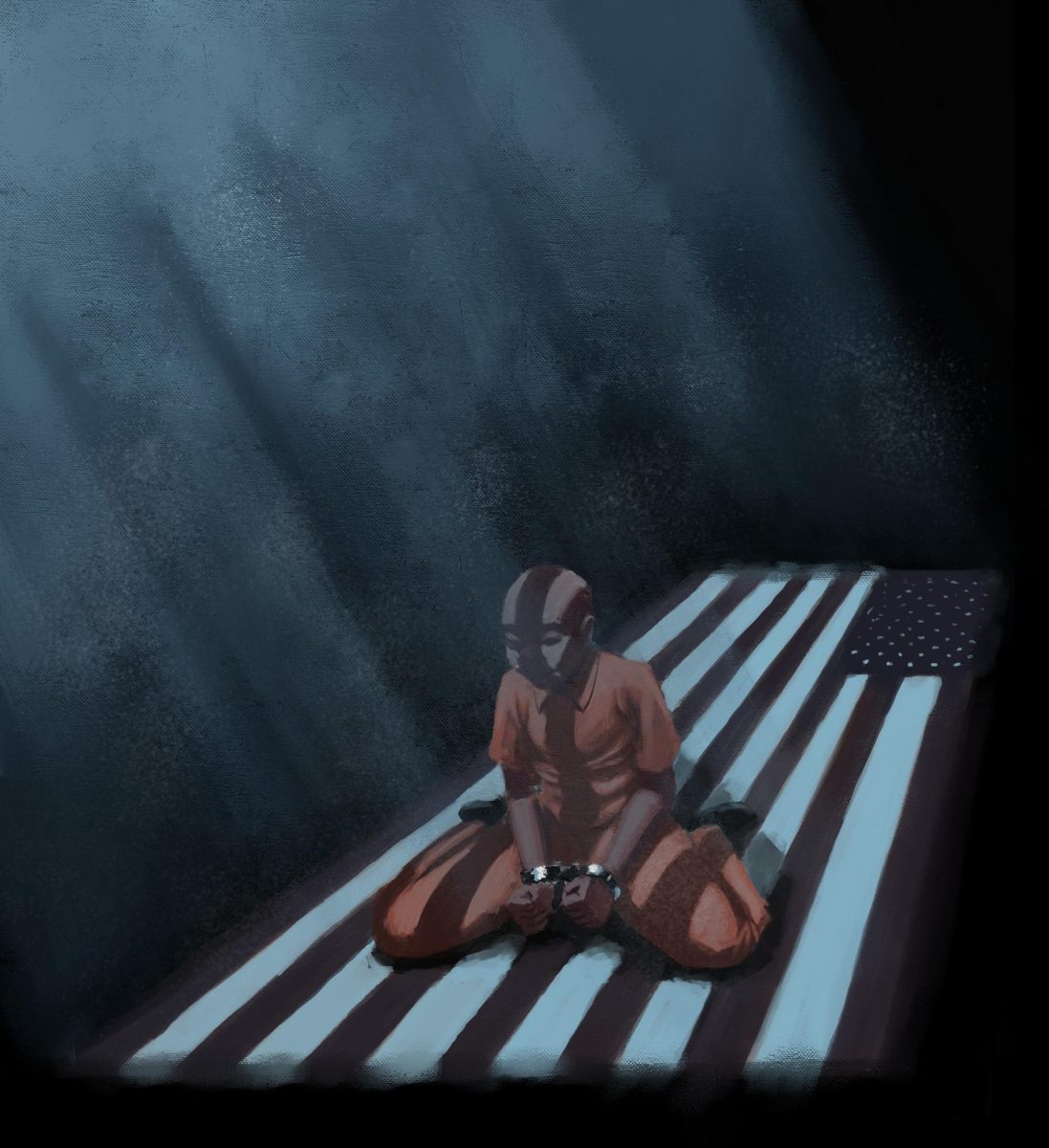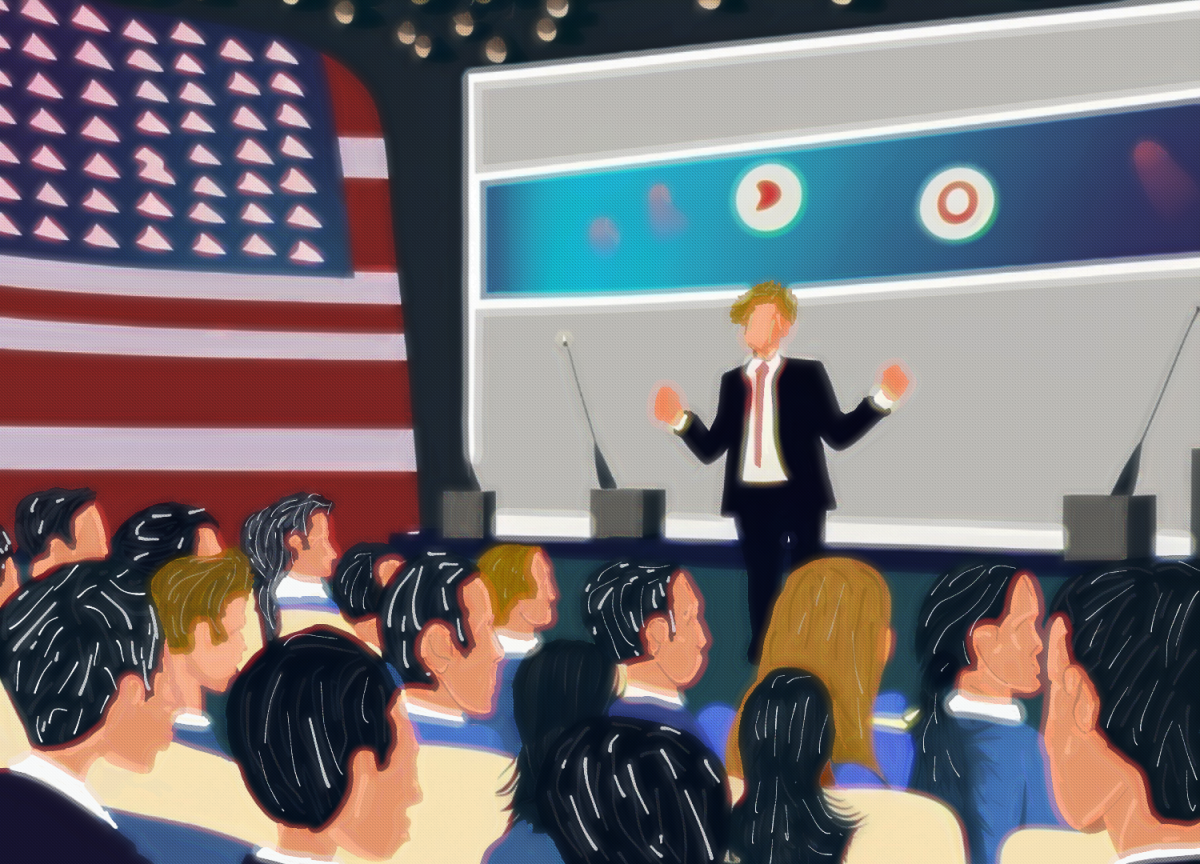In late February, the infamous “Manosphere” influencers Andrew and Tristan Tate returned to the United States despite their several charges relating to human trafficking in Romania. While the pair have now returned to Romania to fight these charges, their arrival back to the United States electrified an already-contentious social culture, especially pertaining to misogyny.
Given the severity of their crimes, the Romanian government chose to put a travel ban on the brothers, but that has now been rescinded. The exact reasoning as to why is unclear, though there are many theories that the current administration in the United States may have played a part. President Trump denies this claim, while — after landing in Florida — Andrew Tate boasted of his ties to the Trump family, particularly his relationship with President Trump’s youngest son, Barron.
Upon their return, the Tate brothers have been featured on many right-wing podcasts such as Candace with Candace Owens and Digital Social Hour, each having over a million subscribers.
For the unaffiliated, Andrew Tate, and by lesser extent, his brother Tristan, are influencers who pride themselves on helping men reclaim masculinity and teach young men how to truly embody manhood. While this may seem beneficial at first glance, one only needs to look into his personal statements to uncover a prevalent layer of misogyny behind his philosophy.
Andrew Tate has made several public statements, stating that women are “sex workers,” deriding their mental capabilities, and even claiming that if women “put themselves in the position to be raped” they therefore bear “some responsibility.” Tate has even brazenly stated during an interview in 2021 that “I am absolutely sexist and I’m absolutely a misogynist.”
Despite being banned from several popular social media sites, the Tate brothers are seemingly stuck in our cultural sphere, as evidenced from their vacation back to the United States. However, this does not mean the public is unaware of their effects on young men.
More and more scholars from varying disciplines are analyzing the effects of the Red Pill in adult men. Several studies have demonstrated that young adult men who both consumed Red Pill content and were in relationships with women showed manipulative and coercive behavior, particularly regarding sex. While the Red Pill community may not be the sole reason for this, its influencers do not attempt to dissuade from such obsessions with their constant talking points about picking up women, how to make women more pliant, and why men should be free to be promiscuous with them.
Now, many are concerned about the youngest bracket in their audience.
Recently, Netflix published the series “Adolescence,” a four-part crime drama miniseries about a young teenage boy murdering a female classmate after becoming absorbed in misogynistic content surfacing across the internet.
This show has received accolades from both critics and politicians. The United Kingdom’s Prime Minister, Sir Keir Starmer, praised the show and commented that they “have to tackle” the issues brought forth by the miniseries. He also supported calls from members of Parliament to show the series in both schools and Parliament.
This show has also led to reporters reaching out to educators who share their experiences with similar boys as the main character of “Adolescence.” Female members of the United Kingdom teaching union NASUWT recalled experiences like those depicted by the miniseries, such as feeling “intimated and threatened” by male students.
While many may feel disillusioned at this current cultural shift, let it be a solace that more and more parents who play an active part in their children’s lives can employ preventative measures. With growing public awareness of this issue of the Red Pill in the United Kingdom, hopefully the United States — and all of the world — can soon practice the same preventative measures to help both young girls and boys before either can be ensnared by toxic standards.





